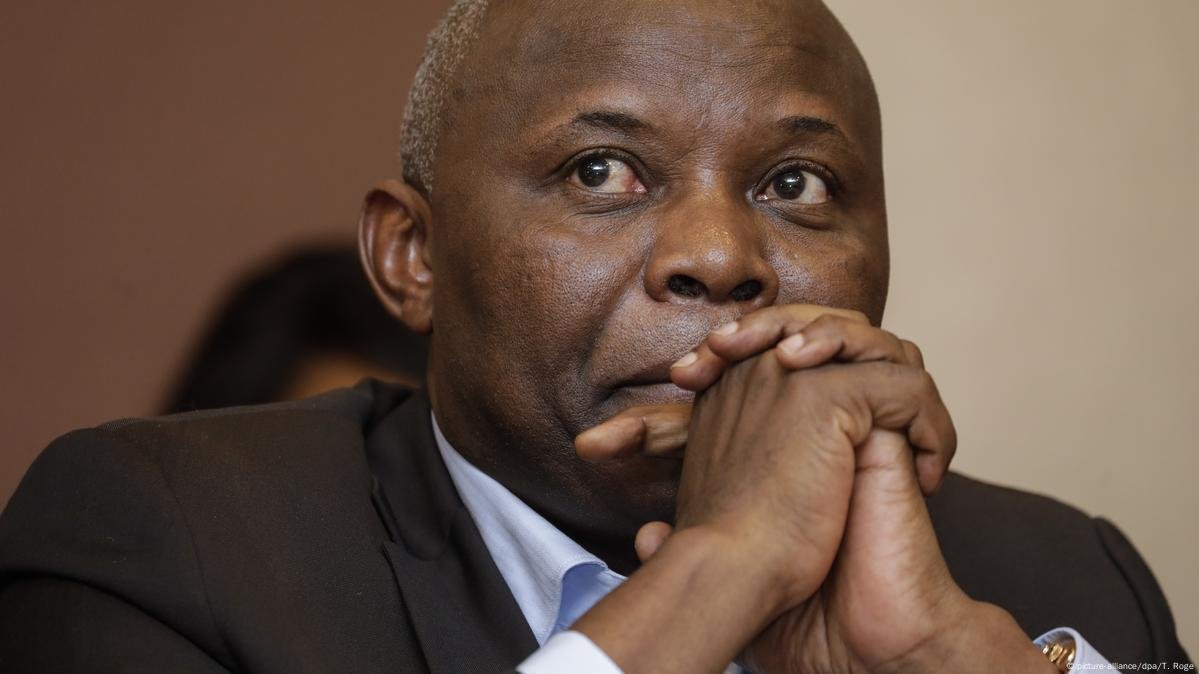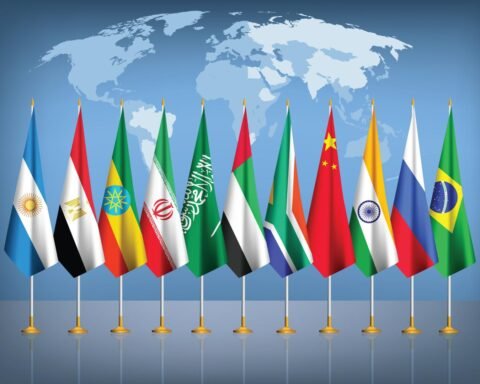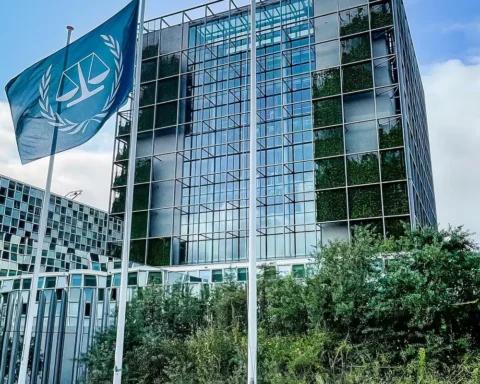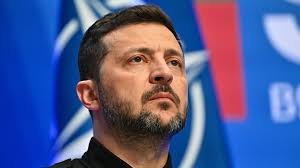In Kinshasa, the Democratic Republic of the Congo is entering a fresh political chapter after Vital Kamerhe, Speaker of the National Assembly, announced his resignation.
The decision came as 262 out of 500 lawmakers initiated a no-confidence motion against him, citing mismanagement and strained relations with colleagues.
For weeks, Kamerhe had faced mounting pressure. Allegations against him ranged from mishandling parliamentary finances to forcing through legislative votes without proper debate. Yet beyond these charges, the deeper story lies in his increasingly visible differences with President Félix Tshisekedi, particularly on how to address the escalating conflict in the country’s east. The war, involving government forces and the rebel movement known as AFC/M2, has not only tested the nation’s security but also strained unity within the ruling coalition.
Kamerhe, aged 66, is no stranger to controversy or political comebacks. Having once served as Speaker in the late 2000s, he returned to prominence as a key ally of Tshisekedi during the president’s rise to power. His departure now raises fresh questions about whether the ruling camp is consolidating authority ahead of future battles — both political and military.
Analysts believe Kamerhe chose resignation over humiliation. By stepping down voluntarily, he avoided a bruising impeachment process that would almost certainly have ended in his removal. Still, the symbolism of the move is hard to ignore: it suggests cracks are widening at the very top of Congo’s political establishment.
Also Read; Israel Eyes Peace Amid Hezbollah Conflict Developments
The resignation also places a spotlight on the future of the National Assembly. Lawmakers will soon have to elect a new Speaker, a role that will be central in navigating proposed reforms, supervising government spending, and shaping responses to the conflicts that continue to destabilize the country’s eastern provinces. Whoever takes the gavel will inherit both a fractured parliament and a public deeply weary of political infighting.
Kamerhe’s fall from grace could reshape the balance of power. His critics argue he became too cautious, drifting away from Tshisekedi’s positions on security and reforms, while his supporters insist he was a moderating voice in an increasingly polarized climate. Either way, his resignation underscores how fragile political alliances remain in Kinshasa — alliances that are vital to maintaining stability in a nation still wrestling with violence, economic hardship, and calls for deeper constitutional reform.
For ordinary Congolese citizens, the resignation is one more reminder that leadership struggles in the capital often overshadow the urgent crises facing communities on the ground.







